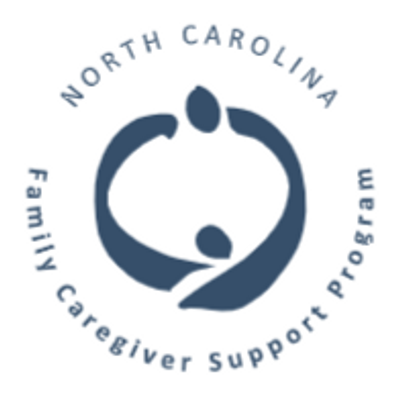What services are available?
- Information and referral services
- Assistance in connecting you with the available supportive services
- Options or benefits counseling and support
- Education and training for caregivers to help them in making decisions and solving problems related to their caregiving role
- Respite care in the form of in-home assistance, adult daycare or group respite to provide the caregivers with temporary relief from their caregiving duties
- Supplemental services to assist the caregiving as needed such as incontinence supplies, nutrition supplements, minor home modifications, and assistive devices
Support Group
Are you or a loved one providing care to someone who has a Chronic Illness? Then a support group is exactly what you need. This Caregiver Support Group will be both educational and a time to share experiences with others who understand the journey you are on. Many Caregivers feel alone, but this group will help to know that.
No Fee or registration is required, all ages are welcome to attend. Meetings are held at South Iredell Senior Center
The second and fourth Wednesday of each month from 2:00 PM to 4:00 PM.
Who is Eligible for Family Caregiver Support Program?
Any adult (18 years or older) caring for:
Older (60+) individuals or individuals (of any age) with Alzheimer’s disease and related disorders with neurological and organic brain dysfunction. If the caregiver receives respite or supplemental services, the care recipient meets the definition of ‘‘frail.”
Frail means that the older individual is determined to be functionally impaired because the individual:
- is unable to perform at least two activities of daily living without substantial human assistance, including verbal reminding, physical cueing, or supervision; or
- due to a cognitive or other mental impairment, requires substantial supervision because the individual behaves in a manner that poses a serious health or safety hazard to the individual or to another individual.”
Priority is given to those:
- Family caregivers who provide care for older individuals with Alzheimer’s disease and related disorders with neurological and organic brain dysfunction
- Caregivers who are older (60+) individuals with greatest social and economic need (with particular attention to low income, minority, rural, and those with limited English proficiency) caring for older (60+) individuals with greatest social and economic need
Grandparents Raising Grandchildren
Grandparent or older individual who is a relative caregiver (a grandparent or step-grandparent of a child or a relative of a child by blood, marriage, or adoption) who is 55 years of age or older and not the parent of the child.
Child age 18 or under who:
- Lives with a primary relative caregiver,
- Because the biological or adoptive parents are unable or unwilling to serve as the primary caregiver of the child, and
- Has a legal relationship to the relative caregiver, as such legal custody or guardianship, or is being raised informally by the relative caregiver.
Priority is given to those:
- GRG/relatives (55+) caring for children (18 and under) with severe disabilities
- Caregivers who are older (60+) individuals with the greatest social and economic need (with particular attention to low income, minority, rural, and those with limited English proficiency) caring for older (60+) individuals with greatest social and economic need
- An adult child with a disability between 19 and 59 years of age who is cared primarily by a grandparent or relative caregiver (not the parent)
Priority is given to those:
- Older caregivers providing care to individuals of any age with severe disabilities.
- Caregivers who are older (60+) individuals with the greatest social and economic need (with particular attention low-income, minority, rural, and those with limited English proficiency)
